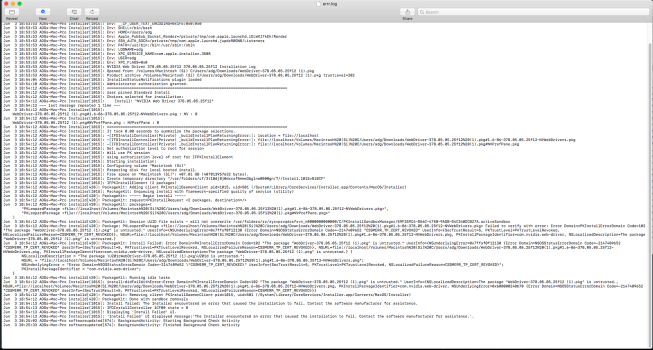That is my third issue with the expired certificate on the old Mac computers (iMac 2009 and Mac mini 2010) in this year.
However, you didn't point out what kind of old version of Mac OS X you use. I'm not sure it will be helpful, but you can try a few things.
I have the issues with a web browser on El Capitan, which were caused by the expired certificate:
Additionally, I had the issue activating DAEMON Tools on Mac OS X 10.6 was caused by the expired certificate.
I have difficulty reaching various secure web sites. They give me a certificate expired error. They work on Firefox but not Safari or Chrome. They also work on newer versions of macOS (e.g. Catalin...

apple.stackexchange.com
I used a certificate from High Sierra in Mac OS X 10.6 to sort it out.
I recommend using Arctic-Fox or InterWeb on Mac OS 10.6 for the most basic tasks.
We won't be able to use many games and Applications for the bit older versions of Mac OS X and the current one if we didn't buy them. Companies stopped releasing games and Applications on DVDs/CDs, which means you have a limited time to buy them. In this case, I don't blame Apple for behaving like other companies.





